1. Elmer
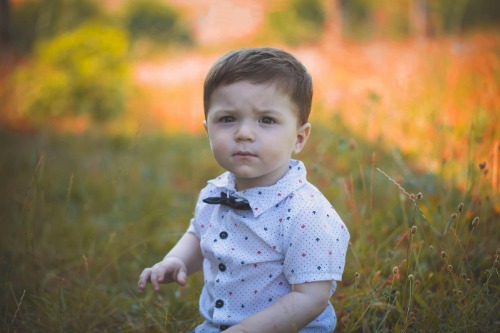
Elmer was once the picture of rustic charm, popular in the late 1800s and early 1900s, according to Alison Meehan of The Bump. It had a wholesome, small-town vibe—someone you’d picture whittling on a porch in suspenders. But then along came Elmer Fudd, and the name started sounding more silly than sturdy. That cartoon connection was a nail in the coffin for Elmer’s baby name potential.
By the 1990s, the name had nearly disappeared from Social Security’s baby name lists. Glue jokes and old-man stereotypes didn’t help its chances of a comeback. While vintage names like Arthur and Walter have reemerged, Elmer hasn’t followed suit. It’s now more familiar on a bottle of adhesive than in a birth announcement.
2. Bertha
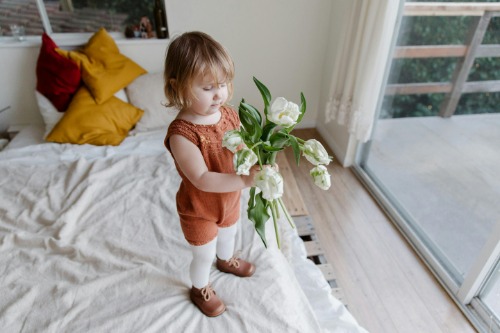
Once a symbol of strength and solid character, Bertha was a top-10 baby name in the 1880s, according to Courtney Campbell of Country Living. It carried a certain no-nonsense charm, often found in pioneer families and old-school novels. But over time, it picked up unfortunate associations with large objects—like the “Big Bertha” artillery gun and various industrial machines. That shift made the name feel bulky and outdated instead of strong and stately.
By the 1970s, Bertha had almost completely vanished from birth records in the U.S. Today, it’s more likely to be the name of a grandmother’s childhood friend than a toddler on the playground. Parents now prefer sleeker alternatives like Bella or Brielle. Unless there’s a sudden vintage revival, Bertha is likely gone for good.
3. Mildred

Mildred was once a reigning queen of early 20th-century baby names. In fact, it cracked the top 10 in the 1910s, thanks to its dignified, Victorian flair, according to Emma Lawler of The Bump. But over time, it began to feel heavy and overly formal compared to today’s lighter, breezier options. Even its once-cute nickname “Millie” couldn’t rescue it from sounding a little too mothball-scented.
By the 1970s, Mildred was largely considered a “grandma name” and had dropped off the radar for new parents. Now, it’s more likely to appear in a nursing home registry than a preschool roster. While “Millie” has had a bit of a revival on its own, the full name hasn’t budged. Unless there’s a surprise TV character to glamorize it, Mildred is stuck in retirement.
4. Eustace

Eustace is one of those names that feels like it belongs in a dusty genealogy record rather than a kindergarten classroom. It has deep roots in medieval England, once associated with saints and noblemen, according to Isolde Quirante of The Bump. But in the modern world, it sounds more like a butler or a character from a black-and-white film. It’s fussy, formal, and kind of a mouthful for a newborn.
The name reached its peak around the 1910s but has since become virtually extinct in the U.S. pop culture. Its most recent cameo was probably in the animated show Courage the Cowardly Dog—where Eustace was a grumpy old farmer. Not exactly inspiring baby name goals. While names from that era like Felix and Silas have had fresh life breathed into them, Eustace hasn’t caught the same breeze.
5. Doris
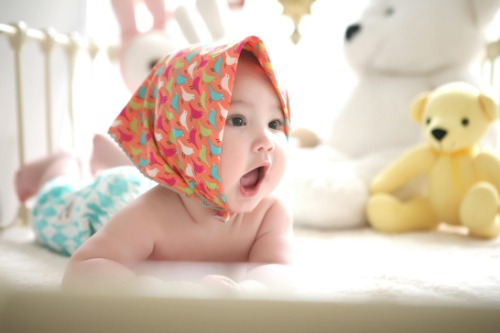
Doris had a moment in the spotlight during the Roaring Twenties, exuding a sweet, homey vibe. It brought to mind sturdy housewives and golden-era Hollywood actresses like Doris Day. But by the 1970s, it had become the stereotypical name of an elderly aunt who collected porcelain cats. Its abrupt sound and old-fashioned flair made it fall out of favor.
These days, Doris barely registers in national baby name statistics. With so many modern parents going for softer or more exotic names, Doris feels like a relic from another era. Even attempts to revive vintage-sounding names haven’t brought it back. It’s sitting comfortably in the “never again” pile alongside Edna and Gertrude.
6. Clarence
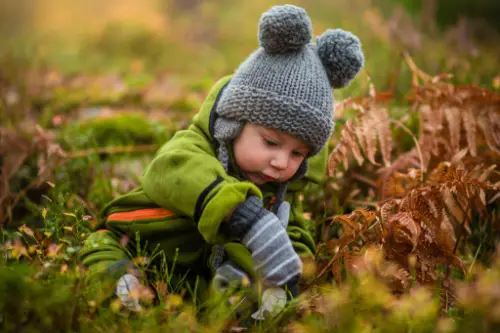
Clarence had a distinguished, gentlemanly charm in the late 19th and early 20th centuries. It once evoked bow ties, pocket watches, and a sense of old-school decorum. But as time went on, it started to sound stiff, awkward, and painfully outdated. Its decline was sealed when pop culture began using it for awkward or bumbling side characters.
Though it occasionally surfaces as a middle name to honor a relative, it’s rarely a first choice anymore. Its peak was over a century ago, and it’s been plummeting ever since. Modern parents tend to choose smoother-sounding C names like Caleb or Carter. Clarence, despite its well-meaning past, just doesn’t vibe with today’s baby-naming trends.
7. Gladys

Gladys enjoyed serious popularity in the early 1900s, often seen as a name full of elegance and poise. But its harsh consonant sounds—especially that “glad” followed by “ys”—started to feel clunky by the 1950s. While Gladys Knight gave it a bit of staying power in the spotlight, even she couldn’t keep it fashionable as a baby name. Over time, it became shorthand for a nosy neighbor or a cranky office manager.
Now, Gladys is all but extinct in baby name circles. It doesn’t have the soft, lyrical tones that are in vogue today. Names like Ivy or Lila have replaced it for those wanting something feminine with flair. Unless retro suddenly becomes wildly uncool, Gladys isn’t likely to make a comeback.
8. Horace

Horace has ancient roots, tracing back to Roman poets and philosophers. But for American babies, its heyday was in the late 1800s and early 1900s. By mid-century, it had become the stereotypical name for bespectacled librarians and tweedy professors. It’s just too formal and dusty-sounding for today’s baby name palette.
It’s now more likely to appear in crossword puzzles than in a kindergarten roll call. Even quirky names like Otis and Hugo have had their glow-ups, but Horace hasn’t been invited to the party. Parents tend to skip it entirely in favor of fresher vintage names. And unless there’s a breakout TikTok star named Horace (highly unlikely), it’s staying buried.
9. Myrtle
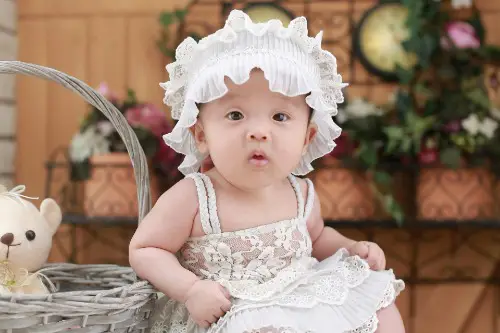
Myrtle was once a botanical beauty, inspired by the flowering plant that symbolizes love and peace. It soared in popularity in the late 1800s and early 1900s. But its swampy, nasal sound didn’t age well, and by the 1960s, it had taken on a fusty, grandmotherly image. It also didn’t help that it rhymed with “turtle.”
Nowadays, Myrtle is more associated with ghost stories—thanks in part to Moaning Myrtle from the Harry Potter series—than real-life children. Nature names like Lily and Willow are thriving, but Myrtle just doesn’t hit the same sweet spot. It’s unlikely to be part of the next generation’s flower-power revival. Most parents can’t picture cooing “baby Myrtle” without giggling a little.
10. Gertrude

Gertrude was a powerhouse name around the turn of the 20th century, known for its strength and substance. But despite having a noble, Germanic origin, it fell out of favor thanks to its harsh sound and clunky rhythm. Even the nickname “Gertie” couldn’t save it from sliding into obscurity. To modern ears, Gertrude sounds more like a stern lunch lady than a newborn baby.
It’s been off the Top 1000 list in the U.S. since the 1960s, and for good reason. In a world of soft, melodic baby names, Gertrude just doesn’t fit. While quirky old-fashioned names like Hazel and Edith have had revivals, this one is stuck in grandma gear. Unless a celebrity does something wild, Gertrude is unlikely to ever bounce back.
11. Wilbur
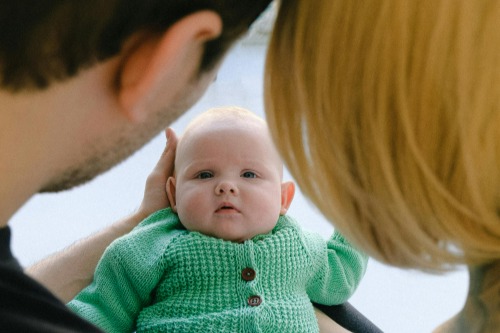
Wilbur once had a wholesome, salt-of-the-earth kind of charm. It conjured images of dependable, suspenders-wearing farmers and gentle souls from small-town America. But after E.B. White’s Charlotte’s Web, where Wilbur is a sweet (but very much a pig) character, the name became too tied to barnyards. It’s hard to look at a baby Wilbur without seeing a curly tail.
Though vintage boys’ names are coming back in style, Wilbur hasn’t caught that wave. Names like Jasper and Leo are winning over parents instead. It hasn’t appeared on the baby name charts in decades and probably won’t anytime soon. Sorry, Wilbur—adorable as you may be, you’re stuck in storybook land.
12. Agatha

Agatha had an air of mystery and maturity, thanks in part to Agatha Christie, the queen of British crime fiction. It was once a name associated with intellect and intrigue, but it’s also got a bit of a stern, church-lady vibe. The harsh “gath” syllable makes it sound rigid to modern ears. It’s just not considered soft or playful enough for a 21st-century baby.
Though it technically fits the vintage name trend, Agatha hasn’t gained traction with today’s parents. It last made the Top 1000 in the early 1940s and has been mostly collecting dust since. Without a major pop culture push, it’s unlikely to reappear. Most parents would rather choose something like Ada or Audrey for a similar vintage feel without the starchiness.
13. Blanche

Blanche had a brief moment of glamor in the early 20th century, evoking white gloves and old Hollywood glam. But its fall from favor was swift, and by the 1950s, it was seen as stiff and overly formal. Then The Golden Girls gave us a sassy southern character named Blanche, which solidified its senior-citizen status. No shade to Blanche Devereaux, but she didn’t exactly make the name cool for babies again.
It hasn’t cracked the U.S. Top 1000 in over half a century. And while some old-fashioned names are staging comebacks, Blanche remains frozen in time. It just doesn’t have the modern sparkle parents are looking for. Think of it as a name better suited to a 1940s screen siren or a retirement villa than a 2020s birth certificate.
14. Earl

Earl was once a rugged, no-nonsense name that suggested strength and blue-collar grit. It was especially popular from the 1890s through the 1950s, ranking comfortably in the top 100 for decades. But over time, it started to feel less classic and more… well, rural uncle with a truck. The name also became a target of jokes, especially with shows like My Name Is Earl.
By the 1990s, it had completely fallen off the baby naming radar. Even in the age of retro revivals, Earl hasn’t shown signs of rebounding. Modern parents are more likely to go for Elijah or Everett if they want something traditional. Earl, while once proud and practical, has simply lost its cool factor.
15. Edna
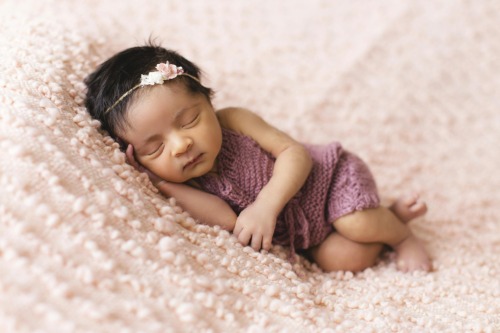
Edna had its heyday in the early 20th century and was considered sturdy, sensible, and maybe even a bit chic at the time. But its clipped, blunt sound hasn’t aged well—it’s hard to picture a baby Edna without also picturing a pair of orthopedic shoes. Pixar’s The Incredibles gave us a stylish Edna Mode, but even that didn’t revive the name’s popularity. It still feels more matronly than modern.
It hasn’t appeared in the top 1000 names since the early 1990s. Names with a similar vintage flair—like Emma or Ella—have soared, but Edna remains untouched. It’s one of those names that feels locked in the past, even as other “grandma names” get a second life. Unless something drastic changes, Edna’s comeback is unlikely.
16. Floyd
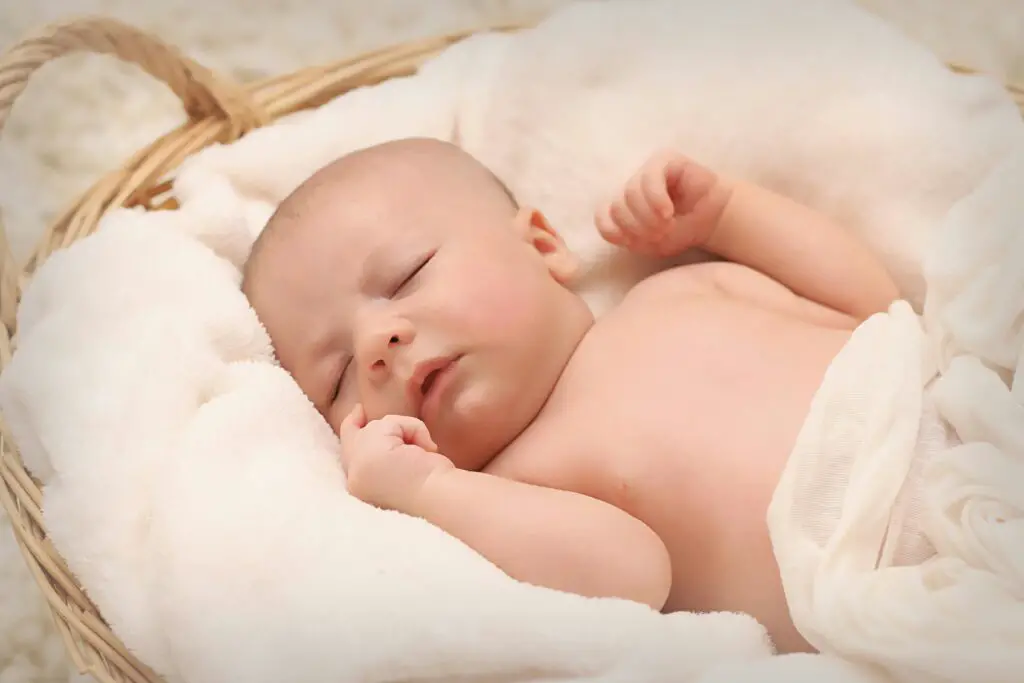
Floyd once had a rough-and-tumble charm, popular among boxers, musicians, and working-class heroes. In the 1920s and ’30s, it was a respectable pick for a baby boy, blending strength with simplicity. But over time, it developed a dated, almost comical sound—somewhere between a barbershop quartet and a tire shop. It just doesn’t mesh with modern naming aesthetics.
Despite Pink Floyd keeping the name in pop culture, it hasn’t translated into baby name popularity. It left the top 1000 names list back in the 1990s and hasn’t returned. Today’s parents are leaning toward names like Finn, Felix, or Ezra instead. Floyd has quietly faded into the background.
17. Hilda
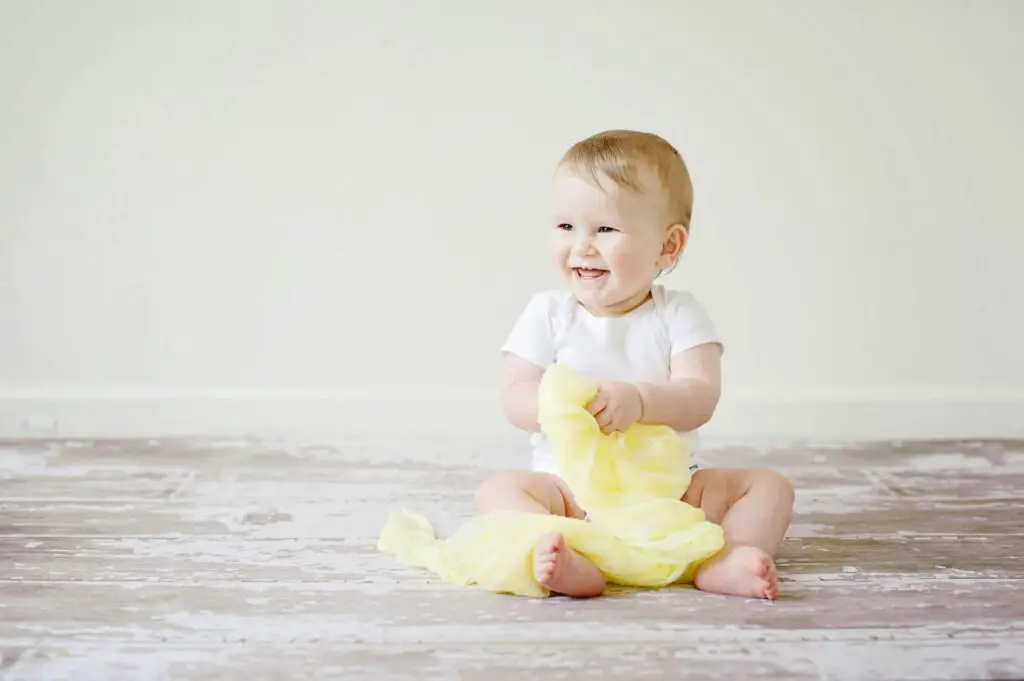
Hilda had a strong, Norse-inspired presence when it first gained traction in the U.S. in the early 1900s. It was seen as bold and brave—literally, the name means “battle woman.” But to modern ears, Hilda sounds heavy and severe, with that hard “H” and clunky rhythm. Even attempts to soften it with nicknames like Hildy haven’t helped.
It last charted in the U.S. in the mid-1980s and has been all but forgotten since. With similar names like Hazel and Heidi making comebacks, you’d think Hilda might have a shot. But it just doesn’t have the same friendly, modern ring. Unless there’s a very charming Hilda in a viral TV series, don’t expect to hear it on the playground.
18. Herman
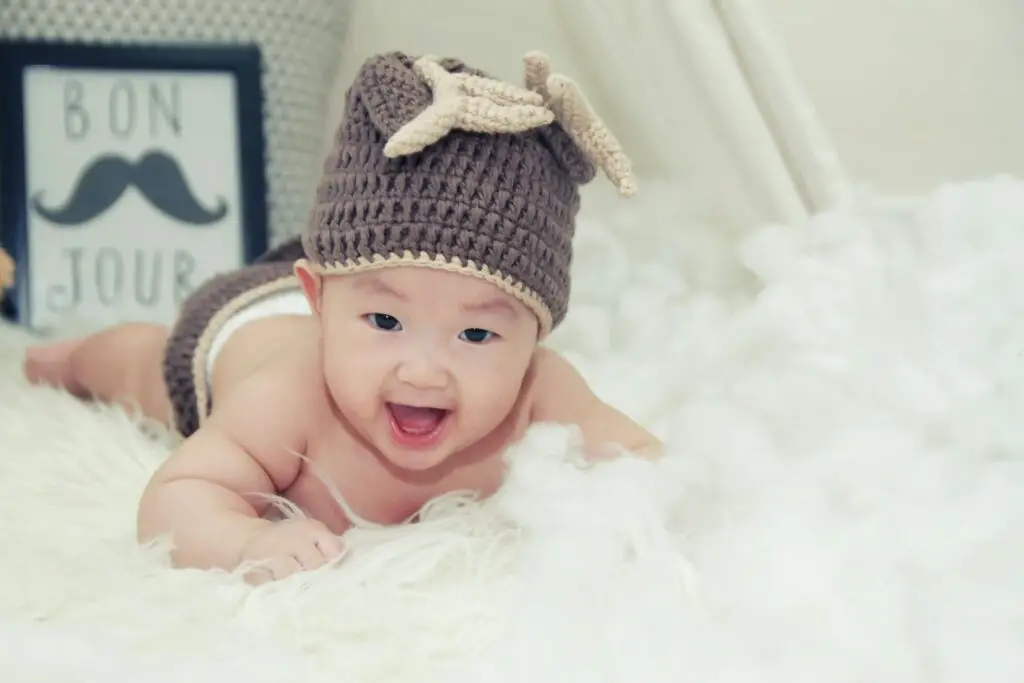
Herman was once a go-to name for strong, dependable boys, particularly in German-American families. It had a no-frills appeal and peaked in the early 1900s. But The Munsters’ lovable Frankenstein-style dad named Herman didn’t exactly help its image for modern audiences. That goofy, monster-y association stuck like glue.
Since the 1970s, Herman has all but disappeared from baby name lists. It just doesn’t have the kind of sleek, global feel many parents now look for. Names like Henry and Harrison have aged much better. As for Herman—he’s probably going to stay retired.
19. Thelma
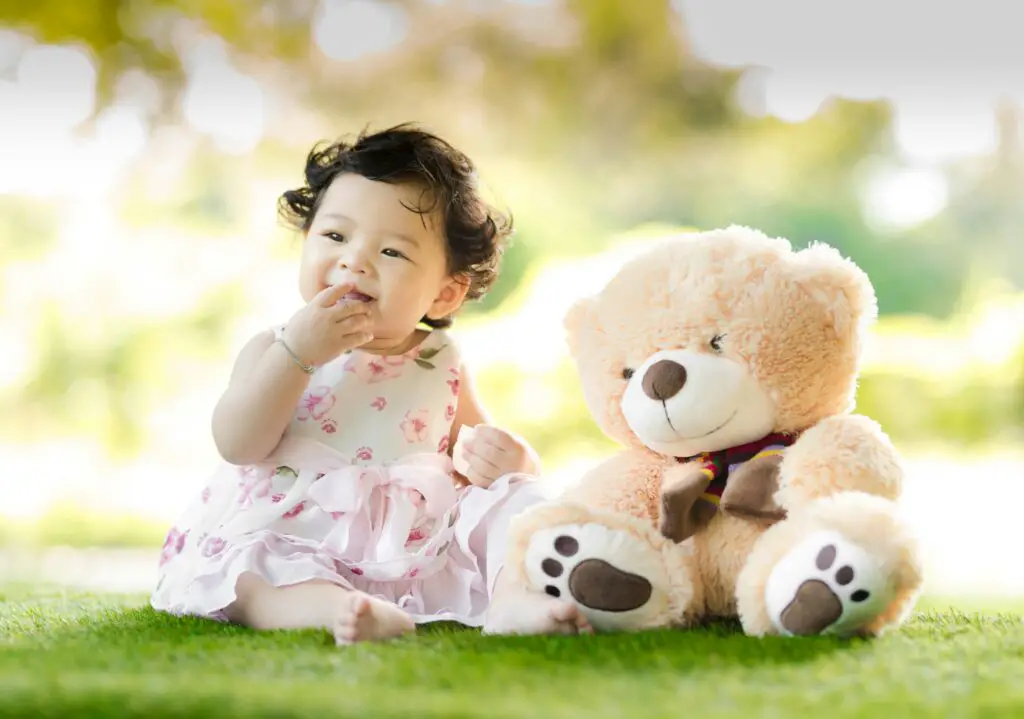
Thelma had a dash of glamour in the silent film era and was a top-100 name in the 1910s. It conjured images of pearls, high heels, and flapper dresses. But today, it’s more closely associated with the iconic film Thelma & Louise—and not in a way that screams “baby name potential.” The name also just sounds dated, with a kind of musty, antique shop vibe.
It hasn’t ranked in the top 1000 names since the 1980s. While vintage names like Nora and Cora have had revivals, Thelma remains on the bench. Its “th” sound feels flat compared to the melodic options trending now. It would take a big cultural moment to pull it back into fashion.
20. Delbert

Delbert was a strong pick during the first half of the 20th century, especially in rural and Southern communities. It had a down-home, honest-worker ring to it that appealed to many parents. But eventually, the name started to feel hokey—something more suited to a hardware store owner than a newborn. It just never made the leap into modern usage.
Delbert hasn’t appeared on the U.S. baby name charts since the early 1990s. It’s rare enough now that hearing it might prompt a double take. Parents today favor smoother, more contemporary names like Declan or Dalton. Delbert, bless his heart, is not making a comeback.
21. Beulah

Beulah was once popular in religious communities, thanks to its Biblical ties—“Beulah land” is a reference to heaven in some Christian hymns. It had a soft, spiritual appeal in the early 1900s. But over time, it began to sound more like a punchline than a prayer. Its clunky pronunciation and old-timey feel haven’t helped either.
The name hasn’t appeared on the Social Security baby name list in decades. Even among fans of unique or vintage names, Beulah is a tough sell. It just doesn’t carry the gentle, elegant tone that many parents now seek. Unless it gets a serious PR makeover, Beulah isn’t likely to rise again.
22. Orville
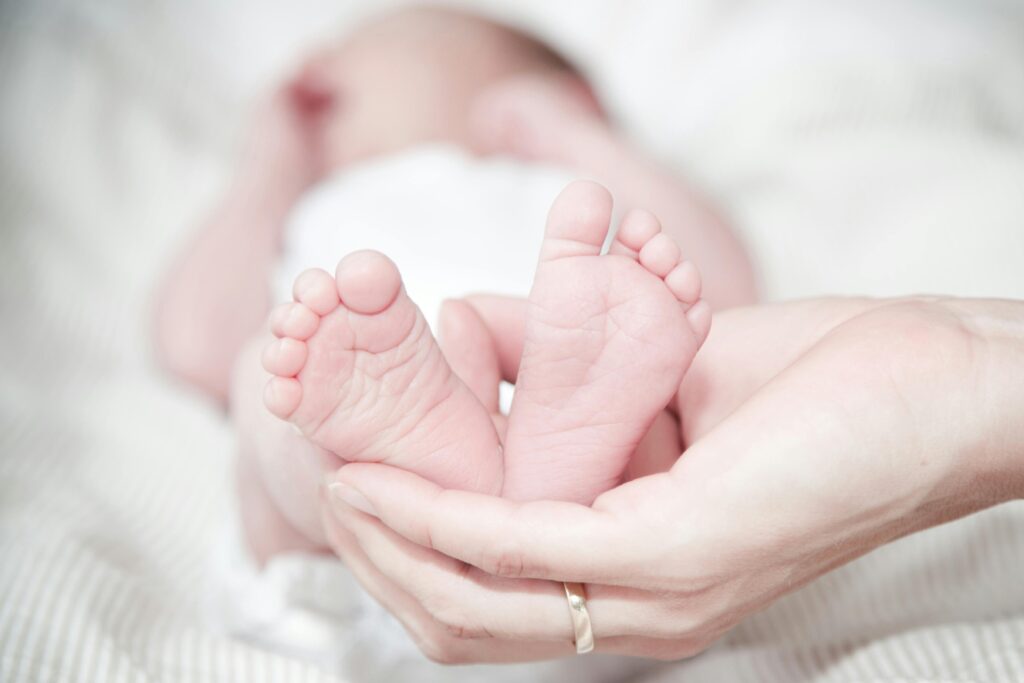
Orville had its moment in the early 1900s, thanks in large part to aviation pioneer Orville Wright. It was a name that symbolized innovation, invention, and even a bit of flair. But let’s be honest—nowadays, it mostly brings to mind popcorn (Orville Redenbacher) and a very specific brand of Midwestern grandpa. The name just hasn’t managed to feel fresh or fashionable again.
It slipped off the top 1000 baby names decades ago and has shown no signs of revival. While some retro names are making bold comebacks, Orville just isn’t one of them. Parents today lean toward sleek, modern names or classic revivals—neither of which fits Orville. It’s stuck in the annals of history, more likely to be found in a trivia game than a baby book.


